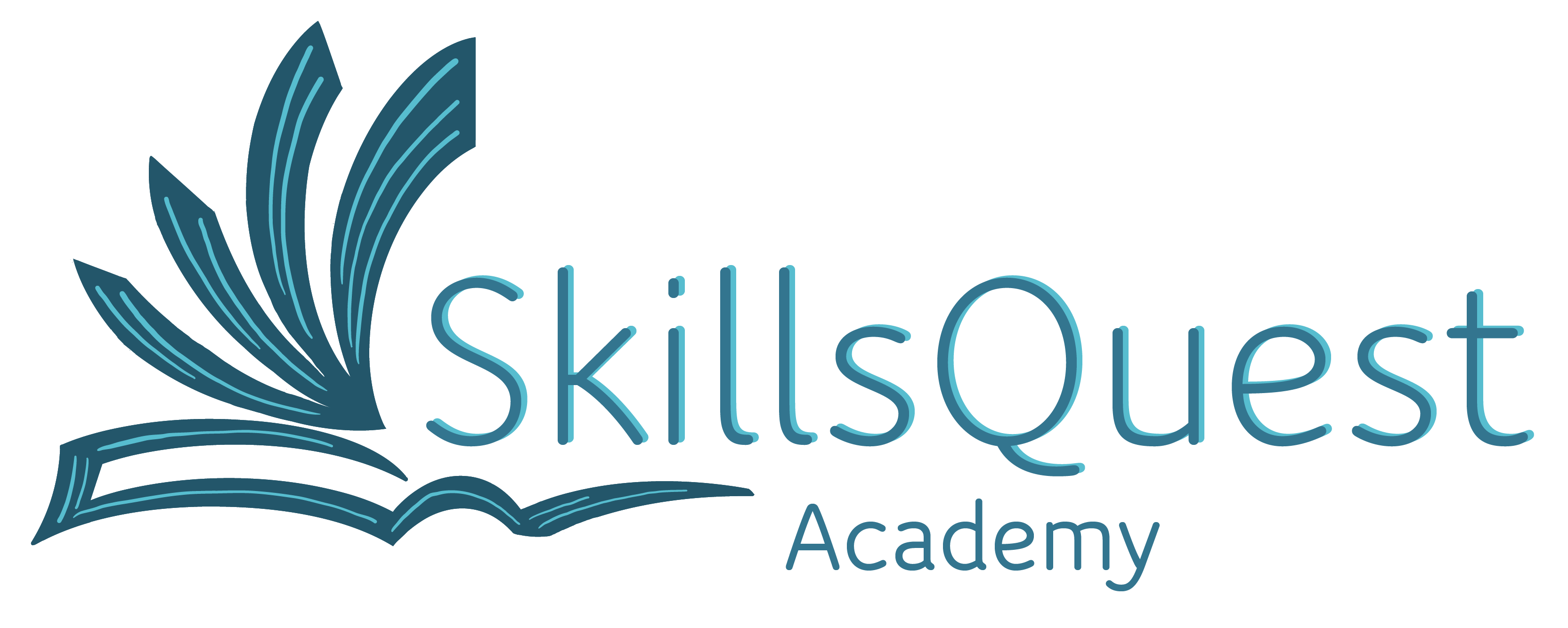Life Coaching Short Course
A life coach is an individual who helps and empowers others to create, meet and exceed personal and professional goals.
This online life coaching course will also explore and develop your own strengths and show you how this can be implemented into your training and therefore into practising as a coach. This course is widely respected worldwide and provides first-class training for prospective coaches.
This course is thoughtfully structured into nine manageable units, each exploring key aspects of the field.
Life Coaching Short Course Diploma Entry Requirements:
All students must be 16 years of age and above to enter into our Life Coaching Short Course Diploma (Level 3).
Short Course Diploma courses require a minimum prior learning to GCSE standard in order that students can manage their studies and the assumed knowledge within course content.
Study Hours
200 hours in total. Or 20 hours per week over 10 weeks.
Assessment
Written assessment at the end of each unit of study.
Enrolment
Please note that you can enrol on this course at any time.
Progression
This Counselling Short Course Diploma course can be used to gain entry to a Level 4 Diploma or higher.
Course Content
Unit 1 – Life Coaching and You
This module delves into the multifaceted role of a coach across diverse scenarios. It prompts introspection in students, fostering an understanding of the myriad reasons individuals seek coaching. The module explores various coaching delivery techniques, distinguishing between advice, guidance, and coaching implementation. Students acquire insights into active listening and personality profiling. The module encourages a review of thoughts and emotions in specific situations, teaching the structuring of thoughts and planning for personal development. It introduces questioning techniques and lays the foundation for conducting initial client sessions.
Unit 2 – Essential Qualities
This module concentrates on the essential qualities a Life Coach must cultivate to positively impact clients. It also covers aspects of confidentiality and report-taking. Students are tasked with completing an interview form and summarising case studies as part of the module requirements
Unit 3 – Interviewing a Client and Neuro-Linguistic Programming (NLP)
This module guides students in building key client relationships, maintaining trust, and delivering quality services while managing client expectations. It emphasises the importance of effective interviewing techniques, which are progressively developed throughout the course.
Additionally, the NLP component of this module serves as a standalone course. NLP, focusing on neurology, language, and programming, aligns with coaching principles. The module provides an objective, informative, and questioning approach, outlining the benefits of NLP in promoting positive thinking, effective communication, and utilising internal resources for achieving desired outcomes.
Unit 4 – Relationships, Sexuality and Bereavement
This module explores techniques for extracting information from clients and aiding them in understanding their emotions. It delves into coaching couples and emphasises varied approaches for different situations, covering relationships in diverse settings, from workplaces to families. The module also addresses the stages of dying and mourning tasks, highlighting the significant role coaches can play. Students learn about creating mourning plans, understanding the reality of loss, and allowing for individual differences in coping styles
Unit 5 – Drugs, Alcohol, and Addictions
This module covers the definitions and effects of drugs, alcohol, and addictions. Students gain insights into the impact on relationships, physical and emotional health, performance, and legal and financial situations. Practical and supportive approaches to assisting clients are explored, along with coaching clients dealing with financial problems.
Unit 6 – Stress, Depression and Suicide
This module addresses prevalent challenges faced by clients today. Students can engage in practical steps and goal-setting processes to assist clients. The module delves into healthy coping styles, relaxation techniques, stress management systems, stress sources (stressors), and time management.
Unit 7 – Finding Clients and Initial Enquiries
This module delves into the various domains of coaching, covering specialised areas such as Health and Fitness Coaching, Addictions Coaching, Female Lifestyle Coaching, Relationship Coaching, Career Coaching, and Business Coaching, along with all-encompassing coaching. By this point in the course, students may have clear preferences for specialising in a particular coaching area. The module also imparts knowledge on self-promotion and business management, fostering positive interactions with potential clients.
Unit 8 – Financial, Career and Workplace (Corporate) Coaching
This module emphasises clients’ financial goals, incorporating financial indicators and positive goal setting. It also provides insight into coaching within the context of an individual’s career and workplace, a significant area of interest for coaches.
Unit 9 – Business of Coaching, Administration and Ethics
This module includes samples of coaching sheets like coach/client contracts, client session forms, client basis forms, client goal action forms, referral letters, terms and conditions, client action plan/care plan, and client feedback forms.
The final section of the full course, ‘Plan for Business,’ provides a comprehensive guide to developing a business plan, marketing essential skills, understanding financial aspects, and overcoming potential challenges. It is especially valuable for those aiming to establish their own private practice.
Requirements
- All students must be 16 years of age and above to enter into our Life Coaching Short Course Diploma (Level 3). Short Course Diploma courses require a minimum prior learning to GCSE standard in order that students can manage their studies and the assumed knowledge within course content.







